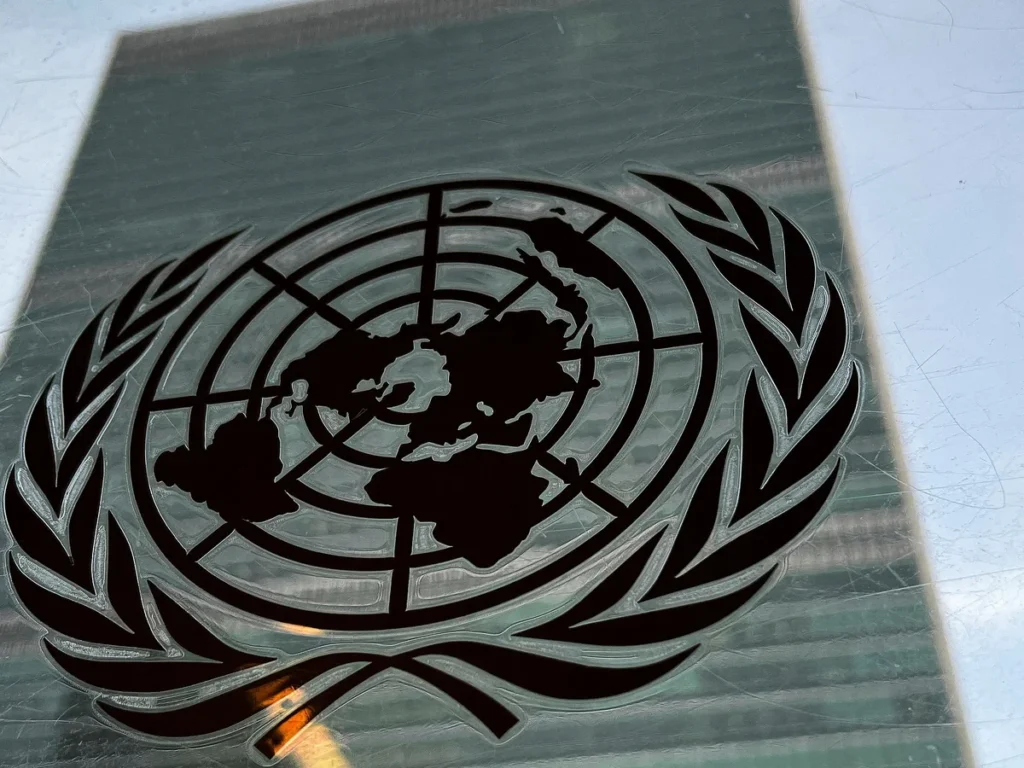Global Tax Convention
ISLAMABAD: The United Nations has unveiled a groundbreaking proposal for a new universal tax accord, marking a significant shift in the realm of international taxation.
This new initiative, termed the UN Framework Convention on International Tax Cooperation, is designed to address and overhaul the existing global financial landscape.
The proposed convention, which was revealed during a recent meeting of an ad hoc committee at the UN headquarters in New York, aims to fundamentally transform how global financial systems operate and how tax revenues are allocated for public welfare.
The draft framework represents a historic step towards more inclusive and effective international tax cooperation, highlighting the need to tackle various tax-related challenges that arise from digitalization and the global operations of multinational enterprises.
The next steps involve further development of the draft convention by a UN member state-led negotiating committee. This intergovernmental committee, established by the UN General Assembly, is scheduled to convene in 2025, 2026, and 2027, with plans to hold at least three sessions annually.
The primary objective of these sessions will be to refine the draft and produce a final version of the framework convention, which will then be presented to the UN General Assembly for review and approval.
The draft convention emphasizes the importance of establishing a fully inclusive and effective international tax system.
This system aims to provide comprehensive governance for international tax cooperation, addressing both current and future tax-related challenges.
The convention seeks to create a fair, transparent, efficient, and equitable international tax framework that supports sustainable development.
It also aims to enhance the legitimacy, certainty, resilience, and fairness of international tax rules while strengthening domestic resource mobilization.
The convention outlines several key objectives and principles. It advocates for universal application and considers the varying needs and capacities of all countries, especially developing nations and those in special situations.
The draft emphasizes the respect for national sovereignty in determining tax policies while aligning international tax cooperation with international human rights obligations.
Additionally, the framework aims to ensure that the distribution of taxing rights is fair and contributes to sustainable development across economic, social, and environmental dimensions.
Significantly, the draft convention calls for equitable taxation of multinational enterprises and effective measures to combat tax evasion and avoidance by high-net-worth individuals.
It also proposes enhanced international cooperation to address illicit financial flows, tax avoidance, tax evasion, and harmful tax practices.
Furthermore, it stresses the importance of effective mutual administrative assistance in tax matters, including transparency and information exchange for tax purposes, as well as the prevention and resolution of tax disputes.
Overall, the proposed UN Framework Convention on International Tax Cooperation represents a bold initiative to revamp the global tax system, aiming to make it more inclusive, equitable, and efficient, ultimately supporting the broader goals of sustainable development and fair international tax practices.


